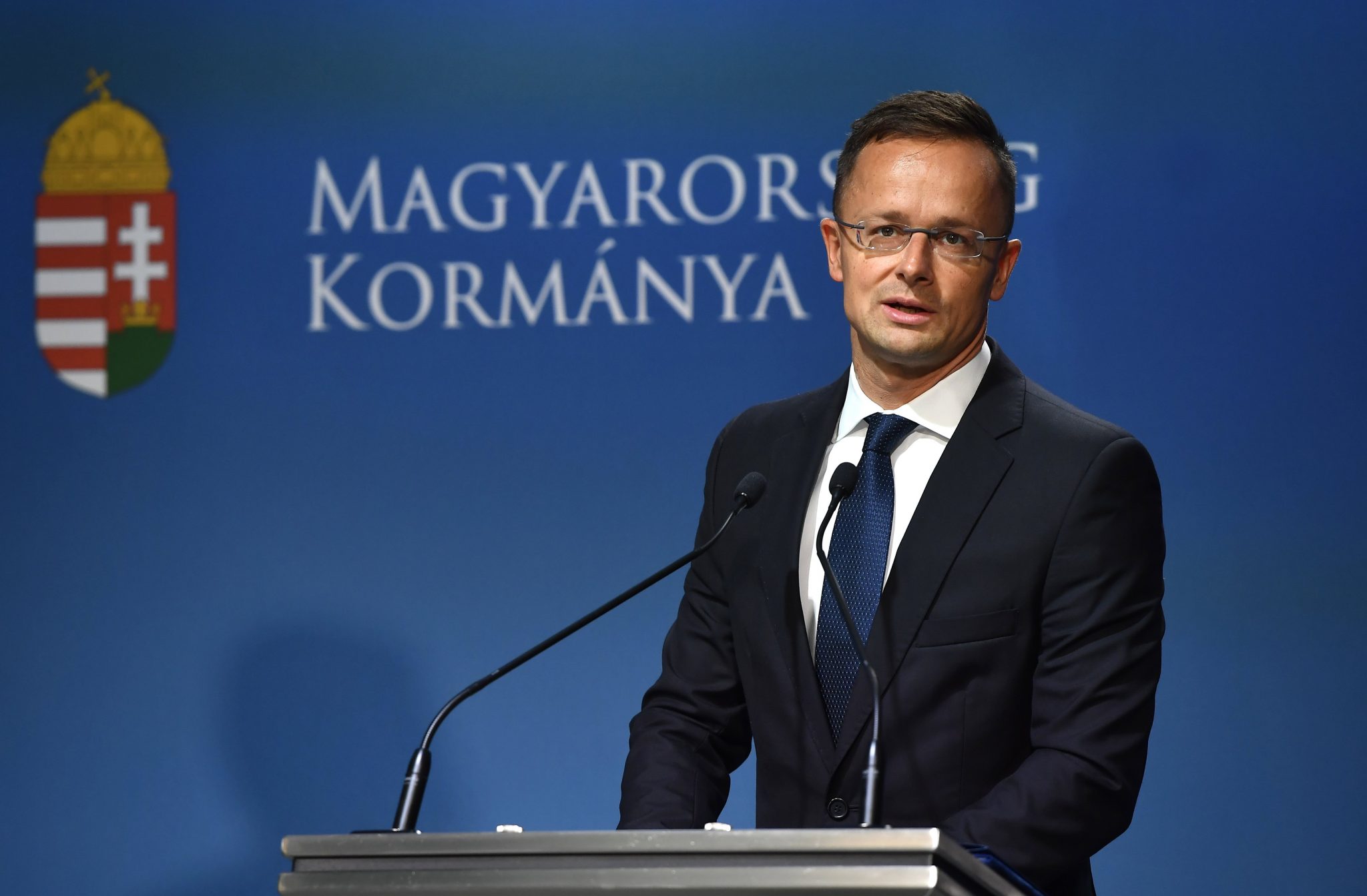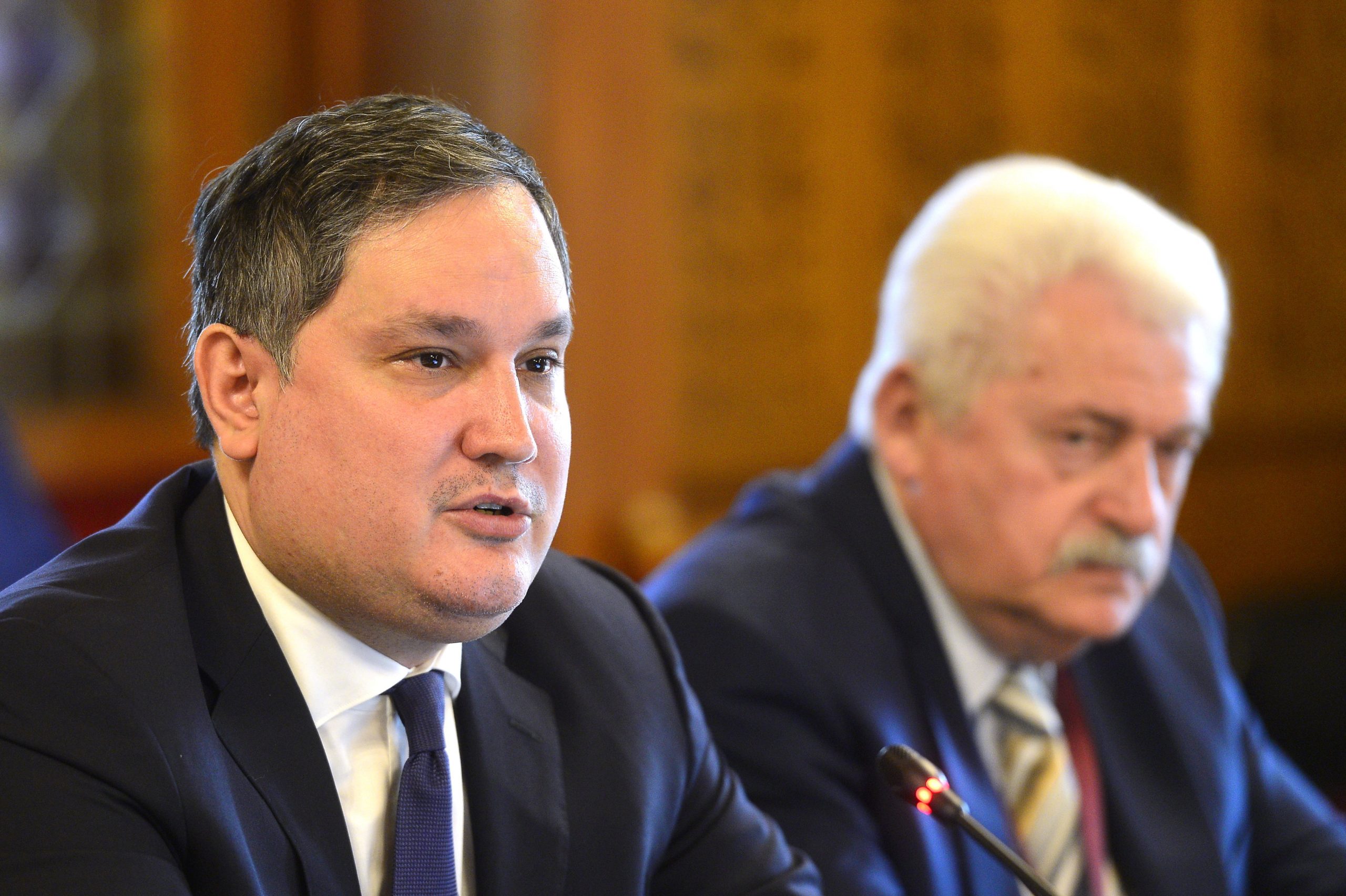
Challenges of the coming period include a "revolution of the automotive industry", ensuring uninterrupted supply chains, and a global food and energy supply crisis, Szijjártó said.Continue reading

Under the present circumstances, Hungary is in need of not just a self-sufficient economic policy but also a self-sufficient economy in order to achieve sustainable convergence, Márton Nagy, the candidate for minister for economic development, said on Wednesday.
“We are living in a turbulent decade in which we are simultaneously threatened by war, constant pandemic waves and the resulting energy and food crises,” Nagy said in a hearing before parliament’s economic committee.
Hungary must protect its economic achievements in a way that it emerges stronger from the crisis, he said.
Nagy said that though 51 percent of the economy was under Hungarian ownership, the majority of the building materials, food retail, insurance and telecommunications sectors were still under foreign ownership.
He also said Hungary needed to reduce its energy dependence, pointing out that the country’s energy imports accounted for 4 percent of GDP.
Hungary, however, “is in good shape” when it comes to food production, he said, arguing that the country produced twice as much as it consumed and that net food exports account for 1.6 percent of GDP.
Nagy said Hungary’s level of development was at 76 percent of the European Union average, with the country having overtaken Greece and Portugal and closing in on Poland.
If Hungary’s annual GDP growth rate exceeds that of the EU by 3 percentage points, the country could reach 90 percent of the bloc’s level of development by 2030, Nagy said. An edge of 3.5 percentage points a year in growth would put Hungary at 100 percent of the EU’s development level, he added.
He added, at the same time, that levels of development within Hungary were significantly uneven. Whereas Budapest is at 153 percent of the EU’s average level of development, certain rural regions are around 50 percent, he said.
Nagy also said that Hungary had practically achieved full employment and that the investment rate was among the highest in the EU. He added that Hungary had the lowest fuel, electricity and gas prices in the bloc.
Nagy’s nomination was approved with 10 votes in favour and 4 against.
Featured photo by Attila Kovács/MTI